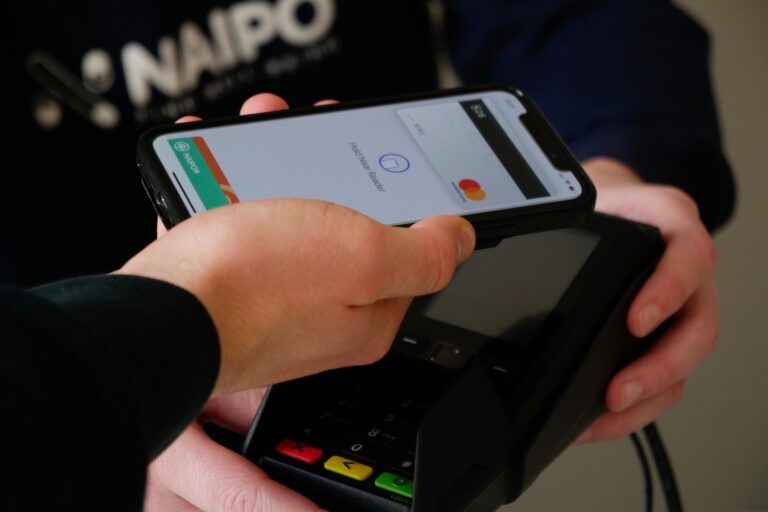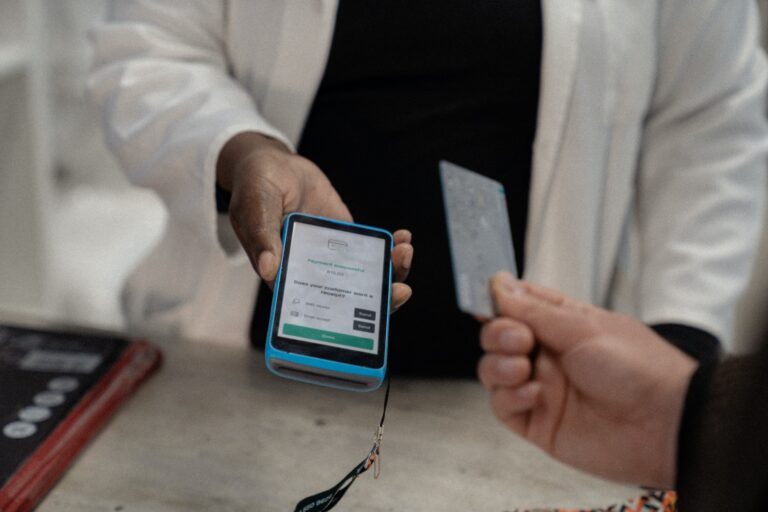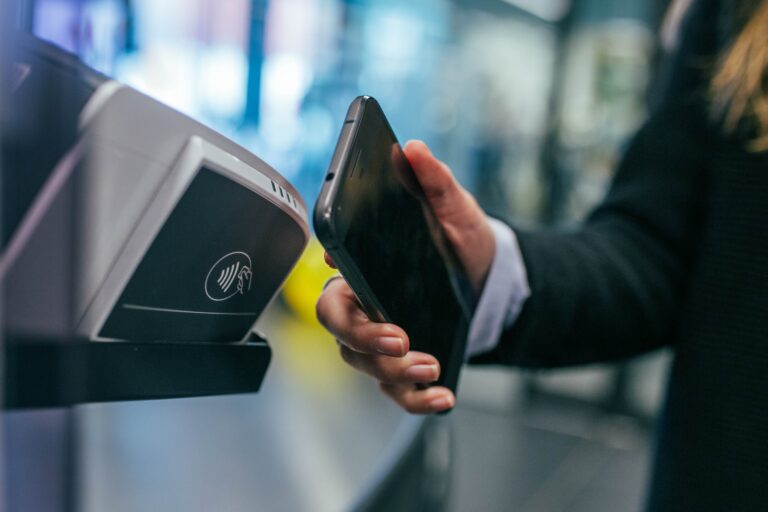In today’s hospitality industry, hotel technology is more important than ever. With travellers expecting more prompt and personalised experience, hotels need to leverage the right technology to meet every guest’s needs and preferences—and that means understanding their hotel technology stack. But what is a hotel tech stack and how can a hotel put it all together? Let’s take a closer look.
What Is a Hotel Technology Stack?
A hotel technology stack is a collection of software applications and platforms used by hotels to manage their daily operations and provide guests with the best possible experience. This includes everything from Property Management Systems (PMS), Booking Engines, Payment Solutions, Guest Apps to Marketing Automation Tools. A comprehensive tech stack will help hotels deliver on their brand promise while also providing the needed insights into guest behaviour.
Hotels should consider evaluating every component of their hospitality tech stack and closely look into their features and benefits.
What Components Should Be Included in a Hotel Technology Stack?
The key components of a hotel tech stack will depend on the size of the business as well as its goals and objectives. However, there are certain key elements that every hotel should consider including in their tech stack:
Website
A website is considered a core part of a hotel tech stack, and is the first critical element needed for a hotel. Often overlooked is that mobile is now more utilised than desktop in most countries, and as such, a website should be built with a ‘mobile-first’ approach. This includes:
- Delivering intuitive navigation
- Developing fully responsive layouts
- Avoiding disruptive pop-ups and unnecessary components
Further, a number of properties simply have an email listed for guests to make booking enquiries. This is no longer ideal as travellers today are looking for instant information on availability and the ability to book and confirm their accommodation immediately.
Booking Engine
The next most common addition to the stack will be a booking engine. A Hotel Booking Engine allows guests to instantly book rooms from a hotel’s website, around the clock, from anywhere in the world. Guests can review room availability, check rates, and make secure payments without needing to interact with a team member.
The Booking Engine stores all the information about rooms including elements like room types, room availability, room pricing, and special deals. This information not only allows guests to search for and book what they want, it is also used to populate information in Online Travel Agency (OTA) channels like Booking.com, Expedia and even Airbnb (see Channel Manager below). The Booking Engine also connects to payment gateway(s) to allow guests to pay for what they have booked.
Some questions to ask or consider when choosing a Booking Engine:
- Is the Booking Engine mobile optimised? What metrics are available on loading speed?
- How many steps are there in the booking process? Ideally, it should be not more than 3-4 (less is better).
- What information is included in the Booking Engine? As a minimum, it should include all room type information and booking conditions with prompts for special deals.
- Is the Booking Engine being optimised for conversion? What metrics are available on booking conversion rates and drop-offs from when someone lands on the first screen of the Booking Engine to the last screen? How have these improved over time?
- Does the Booking Engine widget allow customisations to match the look & feel of my site? (this increases conversion)
For reference as to what a great Booking Engine looks like, the booking process of Airbnb is a perfect example. They have one of the most optimised Booking Engines on the market.
Channel Manager
3rd and 4th on the list will be the Channel Manager and PMS (see below). Small properties sometimes do without both; however, this is not wise. Costs have come down dramatically in the past few years, meaning small accommodations can have both modules for perhaps as little as $50/60 USD per month.
The Hotel Channel Manager is an invaluable asset for hoteliers to increase their online visibility and bookings. With a hotel Channel Manager, hoteliers can easily and effectively manage multiple online sales channels from one single platform, allowing them to instantly adjust room rates and availability across all channels in real-time. This ease of management plus reductions in overbookings and lost bookings is why more hoteliers than ever before are looking to a Hotel Channel Manager as the solution for optimising their online presence with minimal effort and maximum results. Ideally, a hotel should be listed on between 5 and 10 OTA channels (B2C as well as B2B). To make sure all these OTAs have current availability and rate information, a Channel Manager is the only way to go.
Property Management System (PMS)
A useful asset for all accommodations, and a must for larger ones. A PMS (Property Management System), at its simplest, is the tool that allows hotels to check guests in and out, allocate rooms to guests, and enter offline bookings and booking extras. Simple PMS’s cost as little as $30-40 USD per month and integrate with a Booking Engine (automatically updating any availability changes). Bigger properties will be looking for more sophisticated PMS services in addition to the above like email messaging, room cleaning status information, integration with various POS terminals, integrations with popular local accounting systems, integration with popular payments gateways, and so forth.
The PMS provides hoteliers with flexible options for more efficient management of reservations, distribution, rates & inventory, housekeeping, revenue management, hotel operations, customer relations, and analytics. Together, these features make a PMS an essential tool for hoteliers who want to simplify tasks and take control of all hotel operations.
Embedded Payments
This is a new and rapidly evolving area for accommodations. To fully upgrade one’s hospitality tech stack, accommodations really need to be moving to embedded payments. This enables a hotel to offer a more seamless, secure, and branded booking experience. Instead of redirecting guests to an external payment processor, the hotel can simply take debit or credit payments via its own website Booking Engine or PMS with no redirects. An embedded payment solution like Kovena offers advanced features such as automated card charging in accordance with the hotel’s booking terms and conditions, card pre-authorisations, multi-currency payments, and instant data reconciliation. Kovena is also PCI Compliant and is set up to move fraud risk out of the hands of the accommodation. This helps hotels maximise revenue, efficiency, and security all whilst improving the guest experience.
Embedded payments help hotels maximise revenue, efficiency, and security all whilst improving the guest experience. You will need to have a Booking Engine and/or PMS provider connected to a service like Kovena to be able to access embedded payments.
The above are the core elements of the Accommodation Hotel Stack. Other plug-ins and/or features of Booking Engines or PMS modules that hotels should look for are the following:
Yield Management
Normally, accommodations will set different room rates for different seasons or even days of the week, depending on where they are located. Beyond this, however, there can be surges in demand which accommodations will want to respond to in order to optimise revenue for the available rooms (RevPAR). Several Booking Engines or PMS’s have tools built in which allow users to either automatically increase room rates as availability drops or block expensive sales via third party sales channels or both.
Reputation Management
Hotels can better establish their reputation or brand awareness by collecting positive feedback and ratings on sites like Tripadvisor, Booking.com, Airbnb, Expedia, Google etc. Hotels should not be passive in this process.
- First, they need to make sure that their system (PMS most likely) allows them to send automated emails to guests (normally only for guests making direct bookings since OTAs send their own emails and hide the guest details from hotels). In the email, they should be able to find a link to a site where they can leave their feedback.
- Second, hotels should always respond to feedback, good or bad. It shows that they care which travellers appreciate.
- Third, it’s also important to make the responses prompt and honest. Hotels should apologise where needed and really show care and empathy.
- Finally, a hotel’s PMS or Booking Engine provider will often have integrations with sites like SO Connect, Trustyou and Revinate which aggregate data from multiple sources and allow them to benchmark with competitors while also tracking areas of need.
Analytics
A hotel website should be set up with Google Analytics to provide data on visitor numbers, how much time they spend on the website, and what pages they view– lots of useful data. The chosen Booking Engine or PMS provider should then be able to use this data and combine it with booking data to track conversions from the website. If things are set up correctly, the hotel will not only get aggregated data on conversions on its site, but also more specific data on which pages on the site are performing best.
Guest Apps
This is an area of growing interest, especially for larger accommodations and chains. From checking-in & out, to ordering room service or requesting housekeeping services—a mobile app can make it easier for guests to interact with the property throughout their stay. A hotel mobile app also provides guests with access to relevant information on services and amenities in the hotel, as well as access to other services such as booking rooms, finding nearby attractions, or sharing travel reviews and tips with fellow travellers.
From the hotelier’s perspective, hotel mobile apps enable them to keep track of customer loyalty programs and special offers in real-time. Loyalty programs allow hoteliers to build strong and lasting relationships with customers while providing incentives such as discounted rates, exclusive room upgrades, or redeemable points. With hotel mobile apps, hoteliers can go beyond traditional hospitality offerings and deliver an enhanced, bespoke customer experience.
Evolving Hotel Technology Trends
Hotel technology is constantly changing as new trends emerge; it’s important to keep up with these developments to avoid getting left behind. For example, mobile and online check-in has become increasingly popular among travellers who want an efficient way to get into their rooms without having to wait in line at the front desk, especially since COVID-19 emerged.
One of the most prominent trends is the shift towards contactless payments, allowing customers to pay quickly and securely in-person or online. This helps hotel owners reduce lines and payment processing time. Additionally, digital wallets are increasingly popular, as they make it easier for customers to store memberships, loyalty points, and payment information.
Payment Solutions differ from hotel to hotel depending on the target customer. Thus, hotel owners should choose a solution that optimally meets the needs and expectations of guests while providing security for sensitive financial data.
As you can see, having an effective hotel technology stack is essential for any successful hospitality business looking to keep up with current trends and stay ahead of the competition in this rapidly evolving industry. By ensuring each component of your tech stack works together seamlessly, you’re able to provide better service for your guests while obtaining useful insights that will help drive growth for your business in the long run!
Contact us if you want to learn more about Kovena or our recommended list of Property Management Systems, Booking Engines, and other hotel applications that make up a hotel tech stack.


